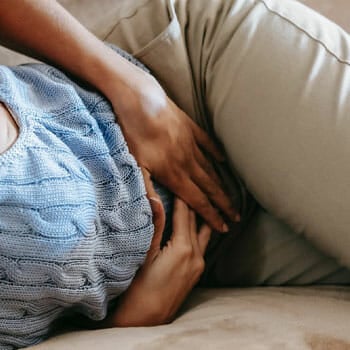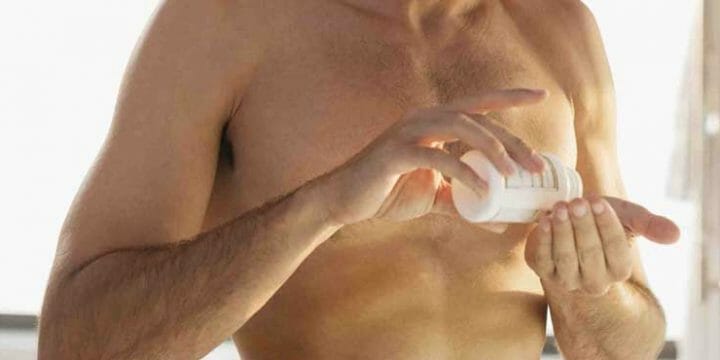Like many of my clients, I was once puzzled by the conflicting advice on fat burner labels.
Through trial and error, I discovered that taking my fat burner first thing in the morning kick-started my metabolism and seemed to accelerate my fat loss journey.
Some suggest taking fat burners after a meal but before workouts, while others recommend spreading the dosage throughout the day regardless of food intake. The common query is when to consume fat burners for optimal results.
Quick Summary
- Taking fat burners on an empty stomach may enhance their effectiveness and absorption, but individual responses can vary.
- While some individuals report positive effects on metabolism when taking fat burners without food, others may experience adverse side effects.
- According to Northumbria University, fasted morning exercise can increase fat oxidation by up to 20%, potentially offering greater benefits when combined with fat burners.
- Personally, I recommend consulting with a healthcare professional to determine the best approach for your specific health needs and goals.
6 Reasons to Take Fat Burner on an Empty Stomach

Here are the benefits of taking a fat burner on an empty stomach before breakfast:
- Increased absorption of thermogenic compounds, reaching your bloodstream faster.
- Provides a metabolism boost in the morning, overcoming natural morning sluggishness.
- Elevates body temperature and energy levels for enhanced calorie burn.
- Helps maintain balanced insulin levels, supporting appetite control.
- Rebalances metabolic hormones like leptin, acting as an appetite suppressant.
- Some compounds inhibit fasting-triggered enzymes, preventing further weight gain.
Studies, including one from Northumbria University, suggest fat burners before meals enhance calorie burn and muscle retention. Fasted morning exercise may increase fat oxidation, burning up to 20% more body fat [1] [2] [3].
Increased blood flow to critical areas, especially the midsection, converts visceral fat into energy during training. This is beneficial as glucose from food isn't available as fuel while fasting.
Selecting a fat burner aligned with your body composition, lifestyle, and health goals is crucial. Consider factors like gender, habits, and health objectives for a personalized approach to optimal health.
For a curated list of the top options on the market, checkout out these best fat burners for men and the best fat burner brands for women.
The Main Reason Why It Might Not be a Good Idea

In my early fat burner experiments, I learned the hard way—taking them on an empty stomach can amplify side effects. I faced jitters and an upset stomach, emphasizing caution.
Nutritionist Mary Sabat explains fat burners, often containing stimulants, speed up metabolism and suppress appetite.
However, these stimulants may cause nausea, indigestion, headaches, dizziness, insomnia, or increased heart rate, worsened on an empty stomach.
Potent compounds can irritate your stomach, leading to digestive issues and inflammation. Green tea extract, caffeine, and stimulants in these products elevate cortisol, increasing anxiety, especially if combined with coffee or similar drinks.
Burning calories depletes water, raising dehydration risk.
”Be cautious about using caffeine products to help with weight loss. When used in moderation (400 milligrams or less) by healthy adults, caffeine is generally safe. But too much caffeine might cause nervousness, insomnia, nausea, increased blood pressure, and other problems.”
- Katherine Zeratsky, Registered Dietitian
Always check product labels and consult a medical professional before taking supplements to avoid worsening issues.
Should You Eat Before Taking a Fat Burner?

Deciding to eat before taking fat burners hinges on factors like the supplement's ingredients, your health profile, lifestyle, and guidance from nutritionists and trainers.
Maximize the effectiveness of your chosen fat burner by strategically combining it with a diet plan suited to your body's needs—be it ketogenic for rapid fat-burning or Mediterranean for sustained energy—and a workout regimen that targets fat loss while preserving lean muscle mass.
Related Articles:
FAQs
Is It Ok To Take a Fat Burner While Fasting?
Can You Take a Fat Burner and Pre-Workout?
Technically, yes, you can take a fat burner and a pre-workout to get that extra kick of energy for your strenuous training and burn more calories. However, for your safety, make sure you check the ingredients both products contain.
Should I Take a Fat Burner on Non-Workout Days?
You can take high-quality non-stimulant fat burner on non-workout days to help control your blood glucose and insulin levels, curb appetite, cut cravings, and induce thermogenesis (primarily due to thermogenics: compounds like chromium and capsaicin or cayenne pepper extract), even aid post-workout muscle recovery.
BUT, if the pills you’re using are loaded with stimulants, chances are they can do more harm than good when taken on non-training days.
References:
- https://www.sciencedaily.com/releases/2013/01/130124091425.htm
- https://www.ncbi.nlm.nih.gov/pmc/articles/PMC5050386/
- https://www.ncbi.nlm.nih.gov/pmc/articles/PMC5503250/
- https://faseb.onlinelibrary.wiley.com/doi/epdf/10.1096/fj.201701378RR
- https://www.ncbi.nlm.nih.gov/pmc/articles/PMC4271606/
About The Author
You May Also Like






